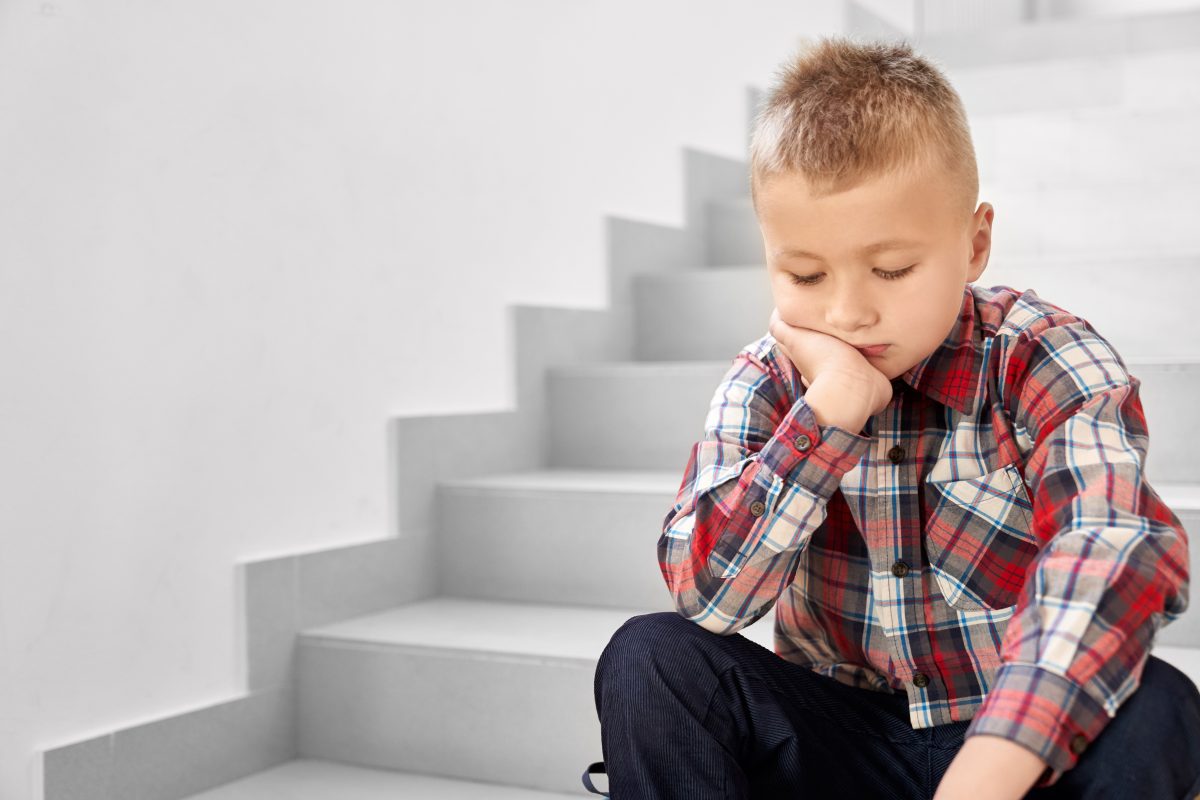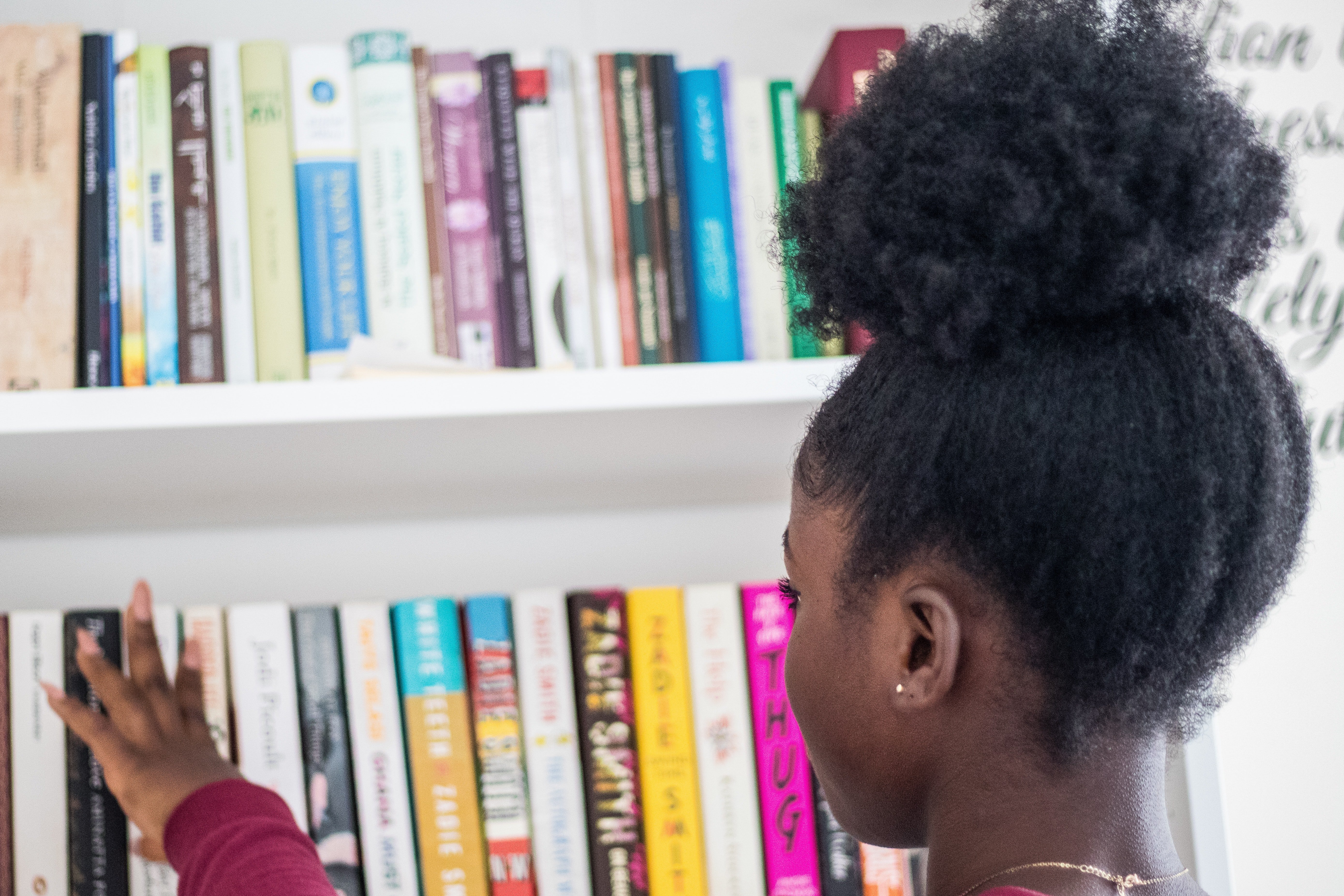Info for parents

Even though a separation may have been expected, marriage and partnerships can be strong bonds, so it’s not surprising that the effect of breaking those bonds can be devastating. You may not have expected it, meant it to happen or have been able to prevent it.
As a parent, if you face divorce or separation, the impact extends beyond you and your ex to also your child/ren. This will be one of your main concerns because you know that your child, as well as you, feels the stress and confusion of this difficult time in your lives.
As well as dealing with the emotional impact of divorce or separation, there are also a host of practical issues to think about and decisions to make such as ‘how do we end it, and what do we do about the kids, the money and the family home?’ Download our ‘‘Guide to Divorce & Separation’, which contains insights, advice and some practical steps needed to handle both the legal and emotional aspects of divorce or separation.
It’s often hard to know what to do first. Mediation is a good way of working through all the practical and emotional issues and decisions you will need to make to be able to rebuild your new life. That’s why we recommend you have a meeting with a mediator to help you start out on the right path. You can call us on 0300 4000 636 or find your nearest mediator here.
Your children may also feel angry, sad or frustrated about the prospect of their parents splitting up and feel uncertain about what life might look like in the future.
You can influence the impact on your child by focusing on your ability to:
- Communicate successfully with your child.
- Meet their needs for safety, security and support.
- Take care of yourself.
- Maintain a civil relationship with your ex.
These things will all have a positive effect on your child. Given the right support, your child will be able to express their feelings and grieve their loss. They will be better able to emerge from this unsettling time stronger, and more resilient.
You can also let your children be directly involved in the mediation process. They often find this helpful and it gives them a better understanding of what the future might look like now their family is changing. Click here to read about child-inclusive mediation.
However you feel about your ex, you both remain parents to your child, regardless of your new situation. If you are to ensure your child grows up with a positive relationship with both of you, that means shaping a completely different relationship with your ex. One that some people compare to having a ‘business’ relationship, where the focus is your joint parenting responsibilities. Here we have pulled together some tips and advice on how you can successfully co-parent together.
The Family Justice Young People’s Board members are children and young people with experience of family law proceedings. They have created a useful resource of top tips to help parents to think about matters from their child’s perspective. Read their top tips for parents who are separated here.
Family mediation helps parents stay in touch with their child after separation or divorce because it increases their ability to communicate with each other. That doesn’t mean parents have to be close with each other after they separate. Studies have found that parents who use family mediation rather than court after divorce have significantly better long-term relationships with their children
Children don’t like to take sides and NFM’s expert mediators don’t take sides either. The mediators are trained to help you: negotiate with each other; make sure you explore all the options available to you; to help you focus on the decisions you need to make, and talk to children so their views and concerns can be taken into account in your decision making.
Divorce or separation is a highly stressful and emotional experience for you and your ex-partner, but it also turns your child’s world upside down. Here are some of the ways you can lessen the impact of your divorce or separation on your children.
Books can also provide comfort and clarity on some of the thornier issues in life. This is especially true for children who are going through the turmoil of family change and their parents’ divorce or separation. Here you can find a list of books, for different age groups, that can help children understand and come to terms with the changes they are experiencing.
If you are on reasonably good terms with your ex you may want to try to agree parenting arrangements yourselves without the help of a mediator. To aid this we have collated some advice for agreeing parenting arrangements specifically for the school summer holidays and the festive period, along with a downloadable summer parenting schedule or our festive parenting schedule that you can complete together.
Regular, positive contact with both parents is the best way to bring up children when parents separate. In our video below you can hear from parents about their experience of family mediation. Tanya Victor went to mediation with the father of her daughter, Georgia, and talks about how it has improved life for all of them. Whilst John Hickman talks to his children every day using FaceTime.
If you are a parent currently applying to the courts for contact, you may have heard about the Separated Parents Information Programme (SPIP) – you can find out more about this programme here.
You can find your nearest NFM family mediator here.
Or you can ask us a question or make an appointment here.
Remember – Things will get better
Parents rarely stay angry with each other forever and family mediation will help them move on with their lives as separated parents.

Reducing the impact of divorce or separation on children

How to support children through divorce or separation

Decided to divorce or separate?
What next?

Books to help children understand divorce or separation
